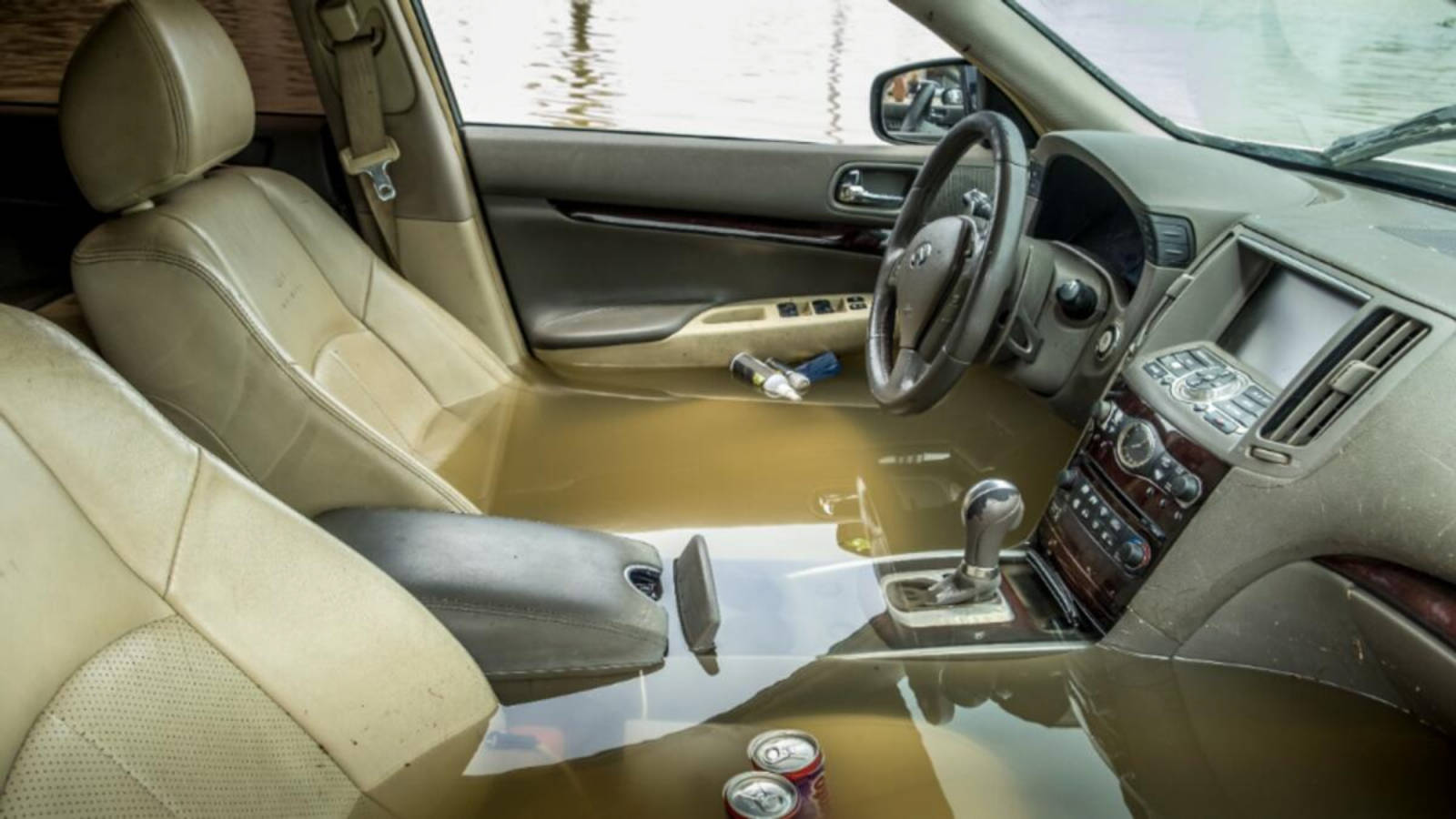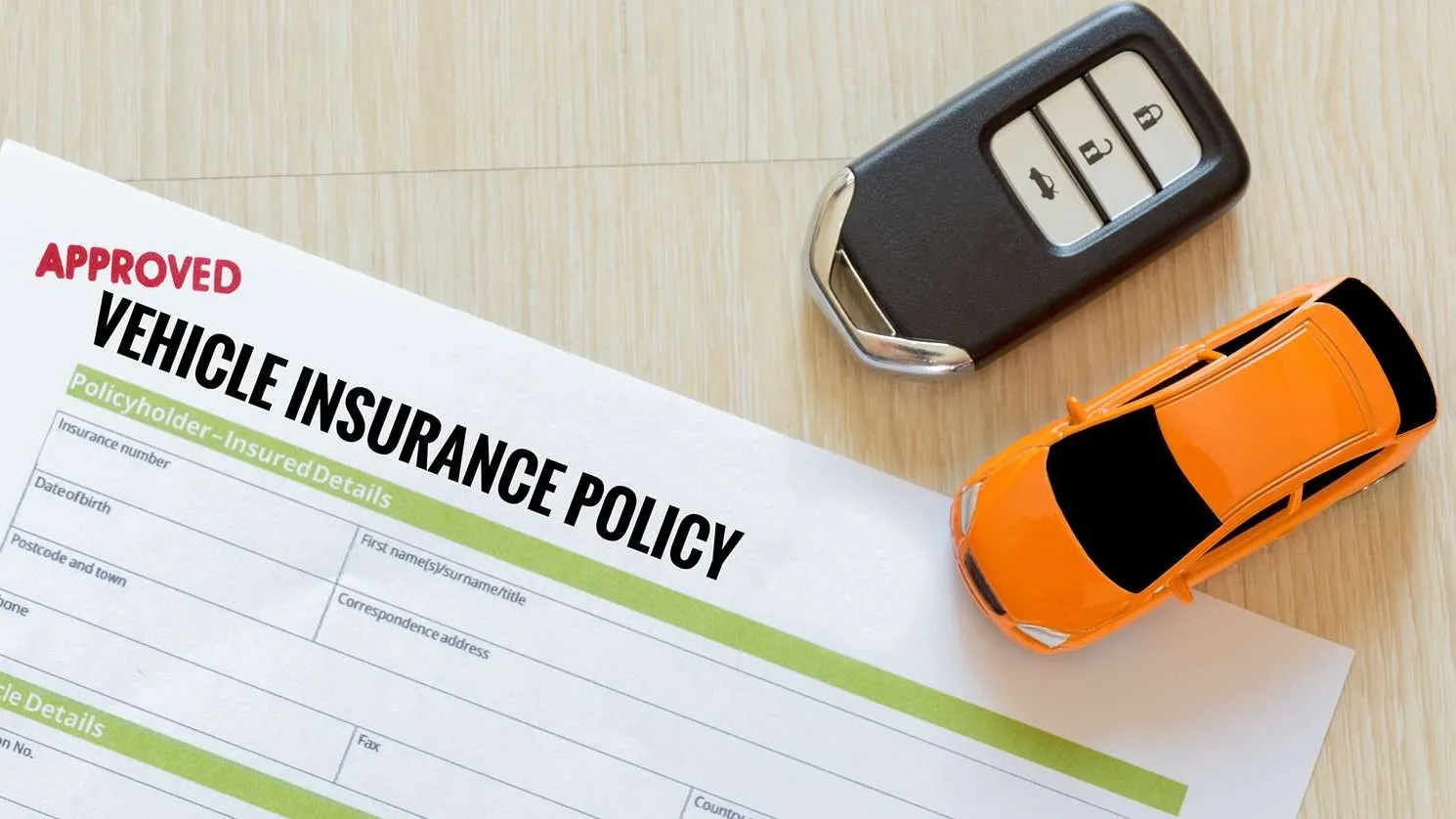Electric Car v/s Petrol Car Ownership Costs Comparison Over Five Years: What Is More Affordable & Practical?
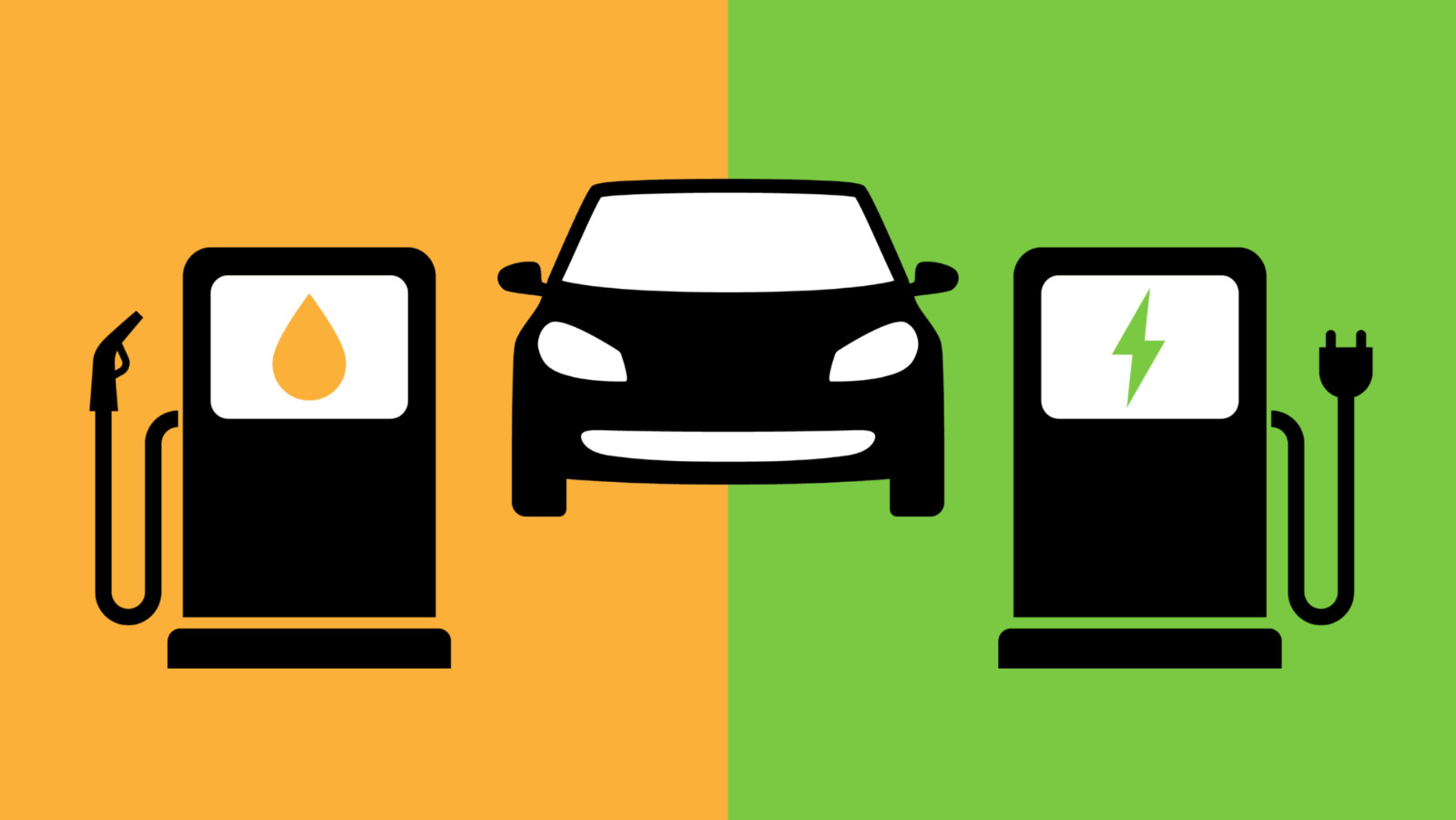
Electric cars have become the bee’s knees in the present times of sustainability. Apart from saving the environment for a better future, there are other advantages to switching from petrol cars to EVs. However, is the electric car the right option for affordable mobility? In this DubiGuide, we will compare the costs of owning an electric car v/s a petrol car over five years.
The answer to this question is not as simple as 1+1=2. In fact, there is complicated mathematics involved. But we will keep the equations easy and simple with the right examples to answer this complicated question. Let’s get started with the Algedra, shall we? Kidding!
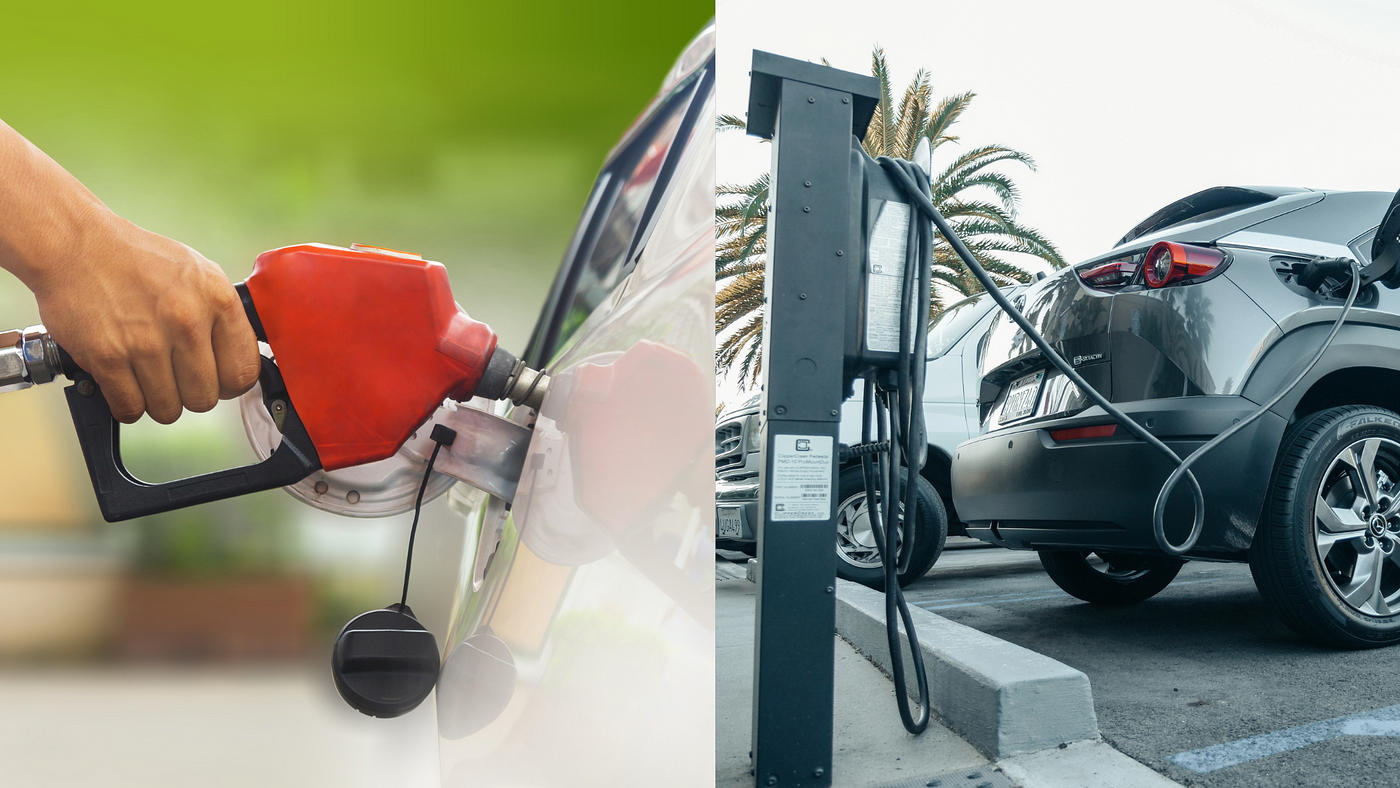
Purchase Costs
Electric cars, at present, are not the most affordable personal mobility option. Electric cars demand a higher up-front cost as compared to petrol cars for sale in the UAE. However, due to the faster adoption of EVs, the government provides tax rebates to help bring the costs down. The cost of EVs is high because the cells in the battery pack are expensive to manufacture, and constitute 40% of the overall cost of an electric car. In terms of the purchase price, petrol cars are easily accessible as compared to EVs.
Fuel Costs
For calculations, let us consider that per year on average we will be driving around 10,000km. So, for 5 years, it is 50,000km.
Petrol Costs:
- We will assume a small family hatchback that will return a mileage of 14km/L. For example: Kia Sportage is priced at around AED 80,000.
- Travelling 50,000km would require 3,572 litres of petrol.
- As of today, the fuel prices stand at AED 3.26/L.
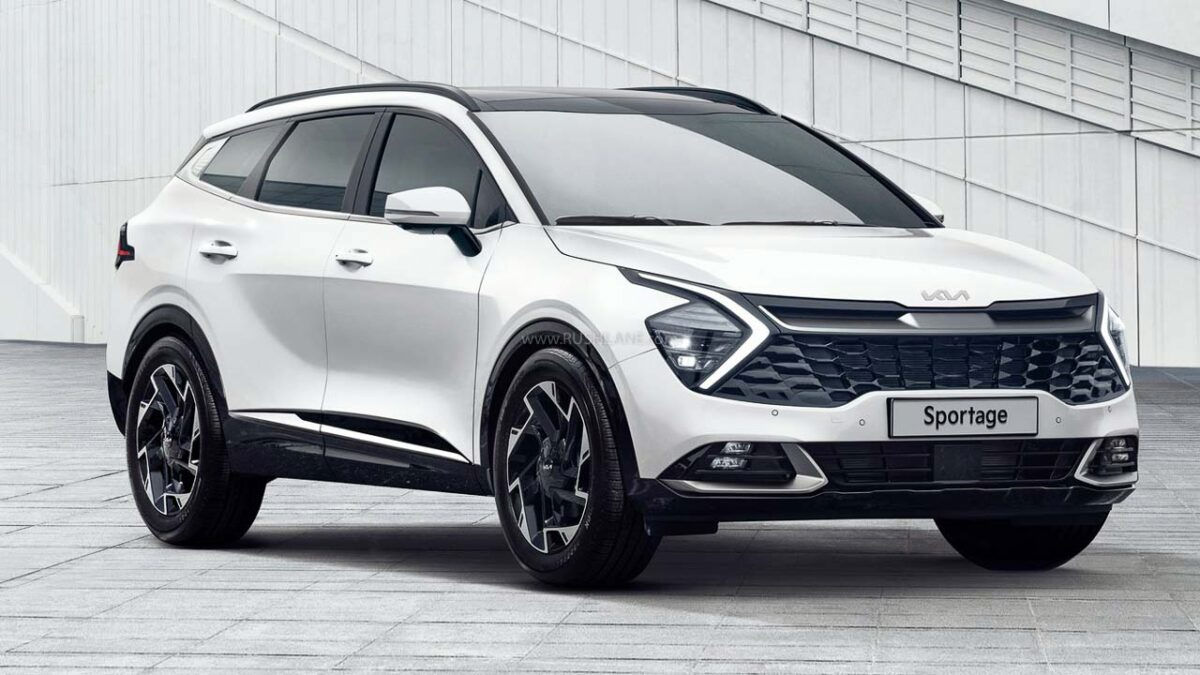
However, the prices of petrol will not remain the same over 5 years as we have already seen a marginal increase as compared to the prices from September. Here are October 2023 fuel prices in the UAE. So, we will add an inflation factor of AED 0.40 each year. This will help us get a realistic approximate number. Here is the complicated calculation:
- Total Fuel Required: 3,572 L
- Fuel/Year Required: 715 L
- Total Fuel Cost For 5 Years: AED 14,515
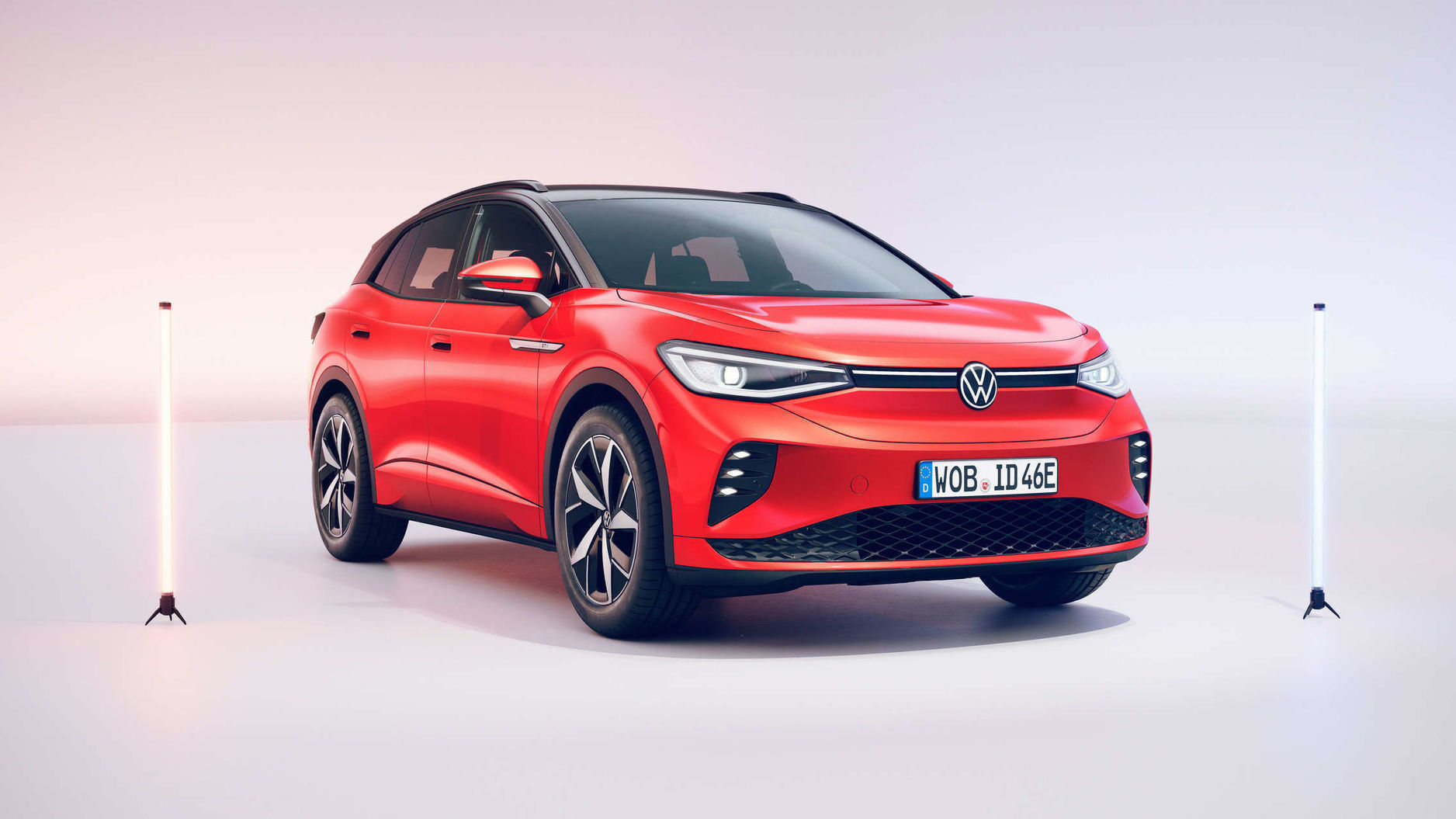
Electricity Costs:
- We assume an electric car with a real-world range of around 400km/charge. We are considering the Volkswagen ID.4 Pro which is priced around AED 99,000.
- The car has a battery capacity of 84kWh.
- Charging at regular speeds will cost approximately AED 0.52 per kWh.
- The VW ID.4 owner will need to charge the battery 125 times to achieve 50,000km over 5 years.
Much like petrol, the cost to charge your car over 5 years will not be the same. We can expect it to increase by around AED 0.10 every year. Also, the owner will require on average, to fully charge the battery 25 times a year. Total Charging Cost For 5 Years: AED 7,560.
The electric car charging costs are approximately half of what you’ll spend on petrol cars over 5 years. Here are 7 tips to help increase your electric car’s range.
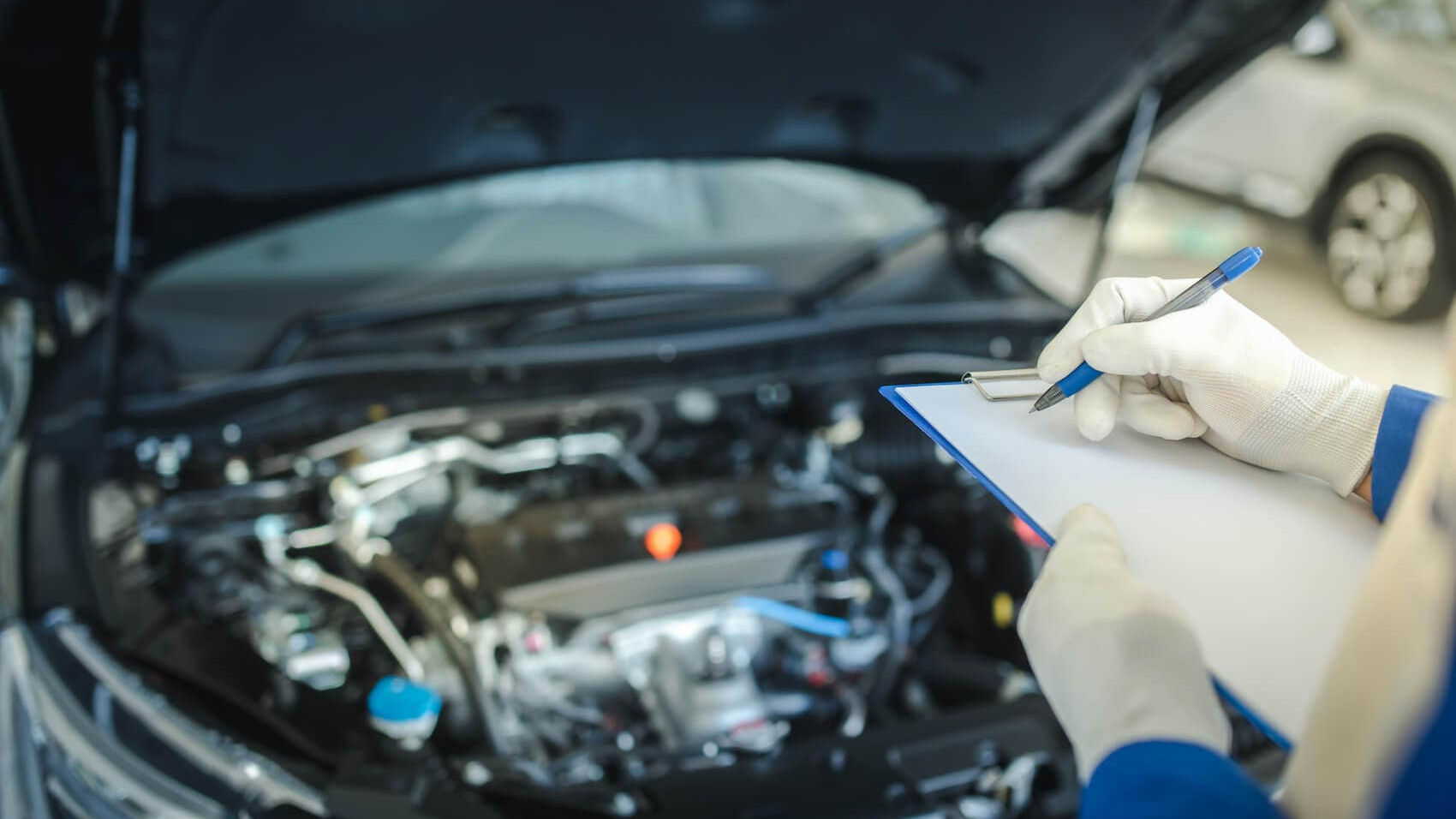
Maintenance Costs:
An electric car generally has fewer mechanical linkages and moving parts as the electric motor drives the wheels directly without the need for any gearbox. In comparison, a petrol car has more moving parts that require frequent inspection and replacement of worn-out parts.
As a result, electric cars have lower service costs and longer service intervals as compared to petrol cars. Considering a period of 5 years, the maintenance costs of an electric car v/s petrol car will be approximately AED 300 and AED 800, respectively. Again favours the electric car.

Insurance Costs:
Insuring an electric car is higher as compared to a petrol car. Studies and statistics have shown that electric car insurance premiums are almost 1.5 times more than a petrol car. For example: if the Kia Sportage costs AED 2,000 to insure, then a VW ID.4 would cost around AED 3,000.
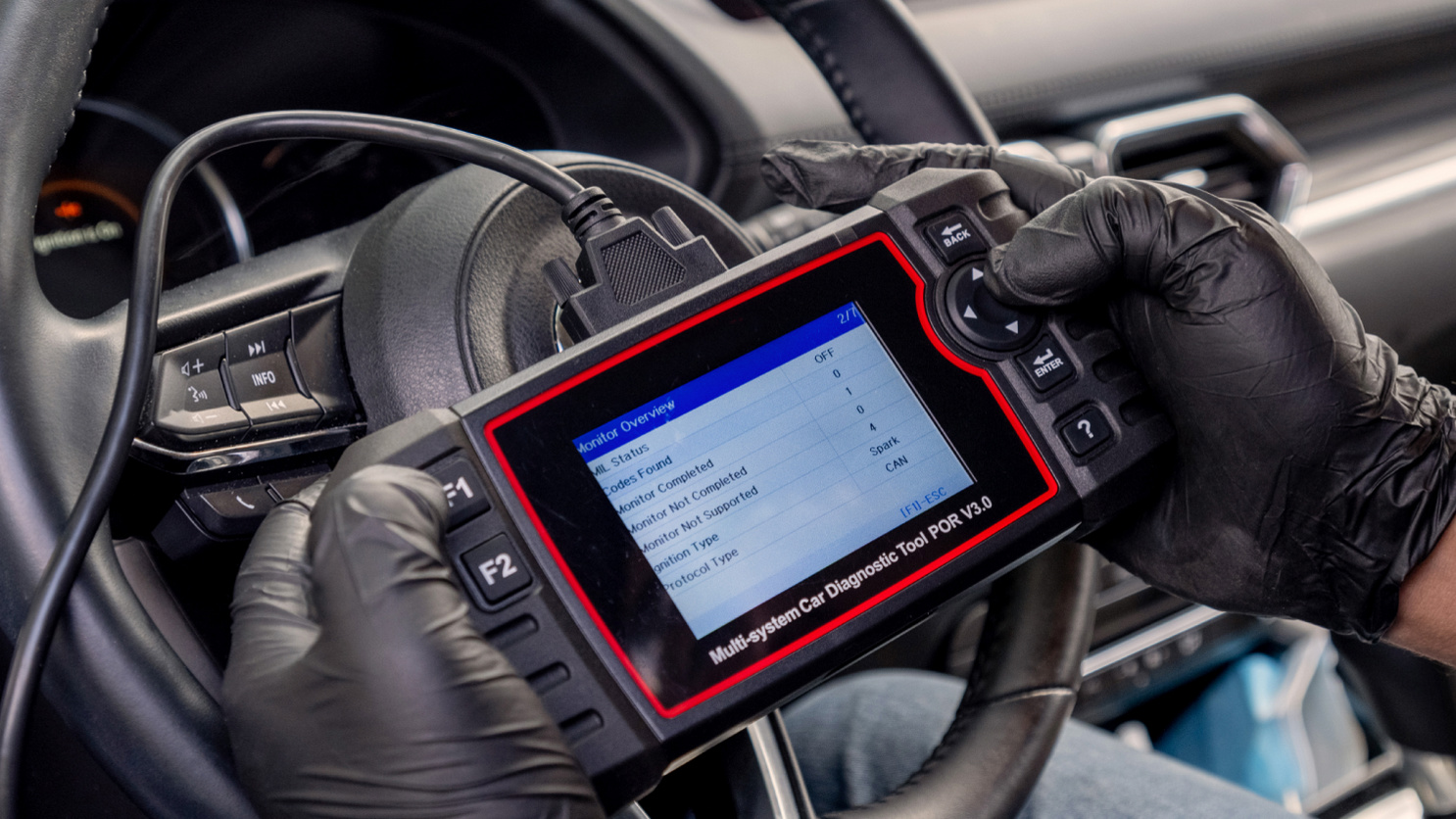
Breakdown:
This can turn out to be real trouble for electric cars as the repairability to the mechanic world is still scarce. Also, the electric car has to be towed on all four wheels using a flatbed as the car is not recommended to be pushed or towed from another car using the tow hooks. On the other hand, recovering a petrol car is relatively easy because of the well-versed mechanic world and easy parts availability.
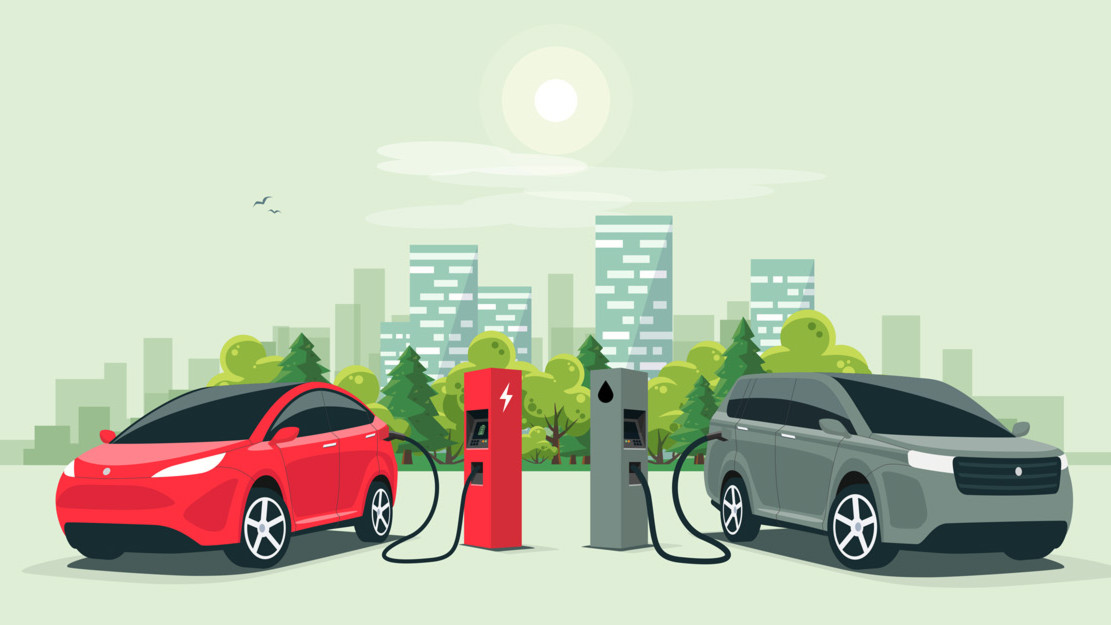
Resale Value:
After 5 years if you decide to sell your car, a petrol car will fetch a good value depending on the market trend. Also, the buyer market is wide and you can find a good collection of cars to choose from. However, selling an electric car can prove to be tricky for a couple of reasons:
- The health of the battery pack plays a vital role as it constitutes the majority of the car’s cost. If it needs replacement, you’ll put off buyers.
- The used electric car buyers market in the UAE is limited as compared to petrol cars. However, this market will grow rapidly in the future.
As a result, an electric car could fetch a lower sale price as compared to a petrol car at the time.
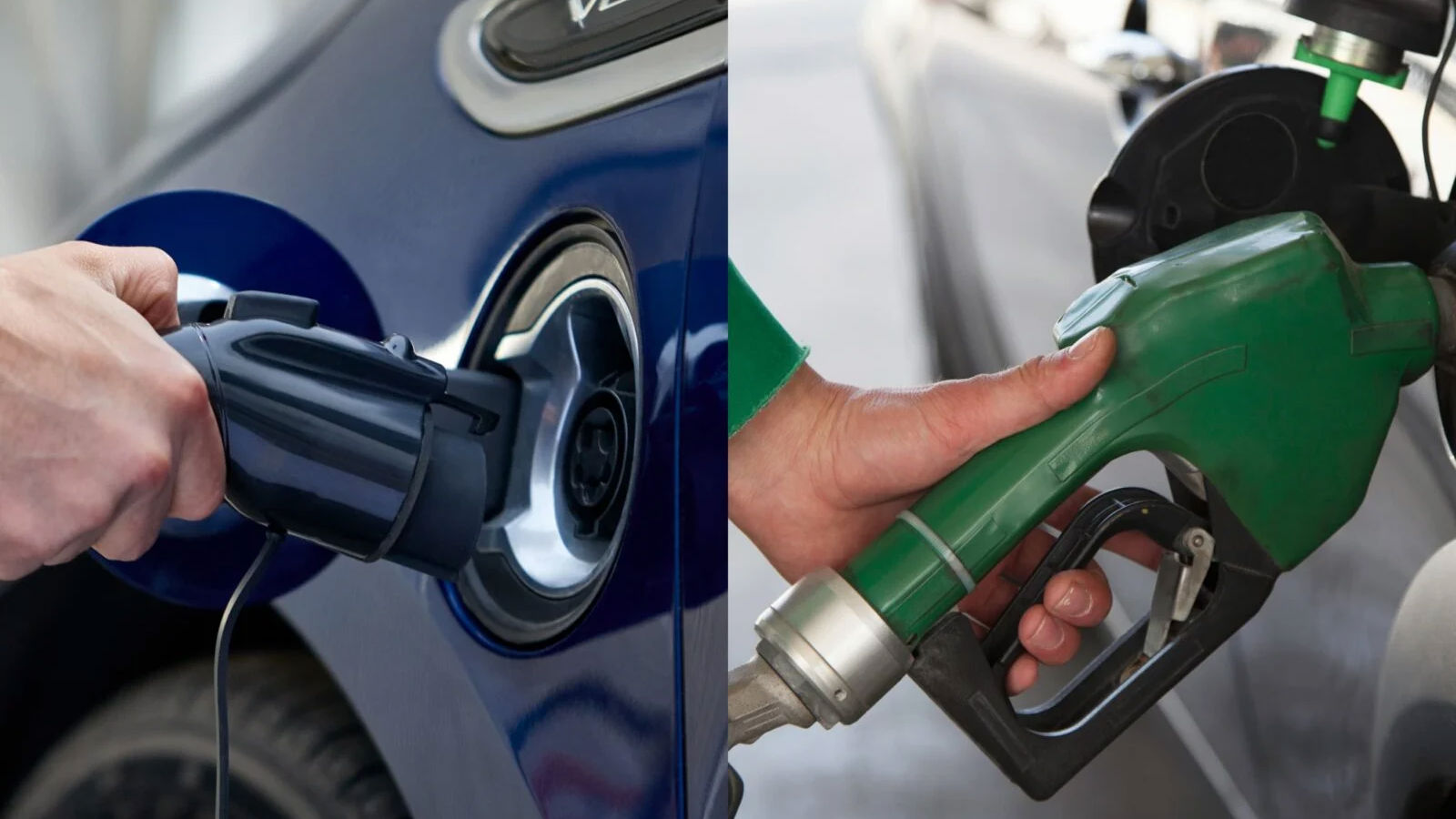
Conclusion
Electric cars have lower fuel and maintenance costs compared to petrol cars. However, due to the nascent EV stage, petrol cars have lower insurance premiums, breakdown costs and higher resale value. Apart from the costs, electric cars can only be your daily driver with a fixed route and cannot be as free-handed as a petrol car due to the lack of charging infrastructure. Other woes:
- Charging takes longer as compared to a petrol car.
- Range anxiety could spoil the journey.
- Fast charging reduces the electric car battery’s lifespan.
- Change in performance and range due to weather conditions.
- Risk of catching fire.
In conclusion, electric car ownership has a fair share of advantages and disadvantages as compared to petrol car ownership. Due to the rising concern over climate change and global warming, people are switching to electric cars and are ready to outweigh the disadvantages for a better future. Here is what the future of electric cars will look like.
Looking to buy an electric car? Here are used electric cars for sale in the UAE and new electric cars for sale in the UAE.
Looking for a petrol car? Here are used cars for sale in the UAE and new cars for sale in the UAE.
Looking for the best of both worlds? Here are used hybrid cars for sale in the UAE and new hybrid cars for sale in the UAE.



